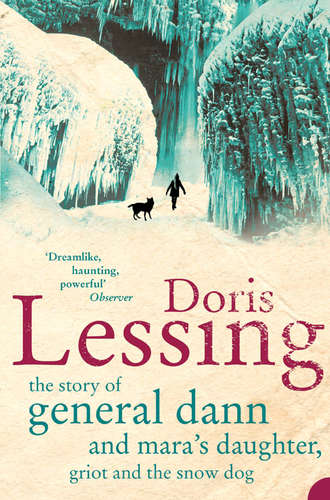The Story of General Dann and Mara's Daughter, Griot and the Snow Dog

Полная версия
The Story of General Dann and Mara's Daughter, Griot and the Snow Dog
Язык: Английский
Год издания: 2018
Добавлена:
Настройки чтения
Размер шрифта
Высота строк
Поля
Конец ознакомительного фрагмента
Купить и скачать всю книгу








